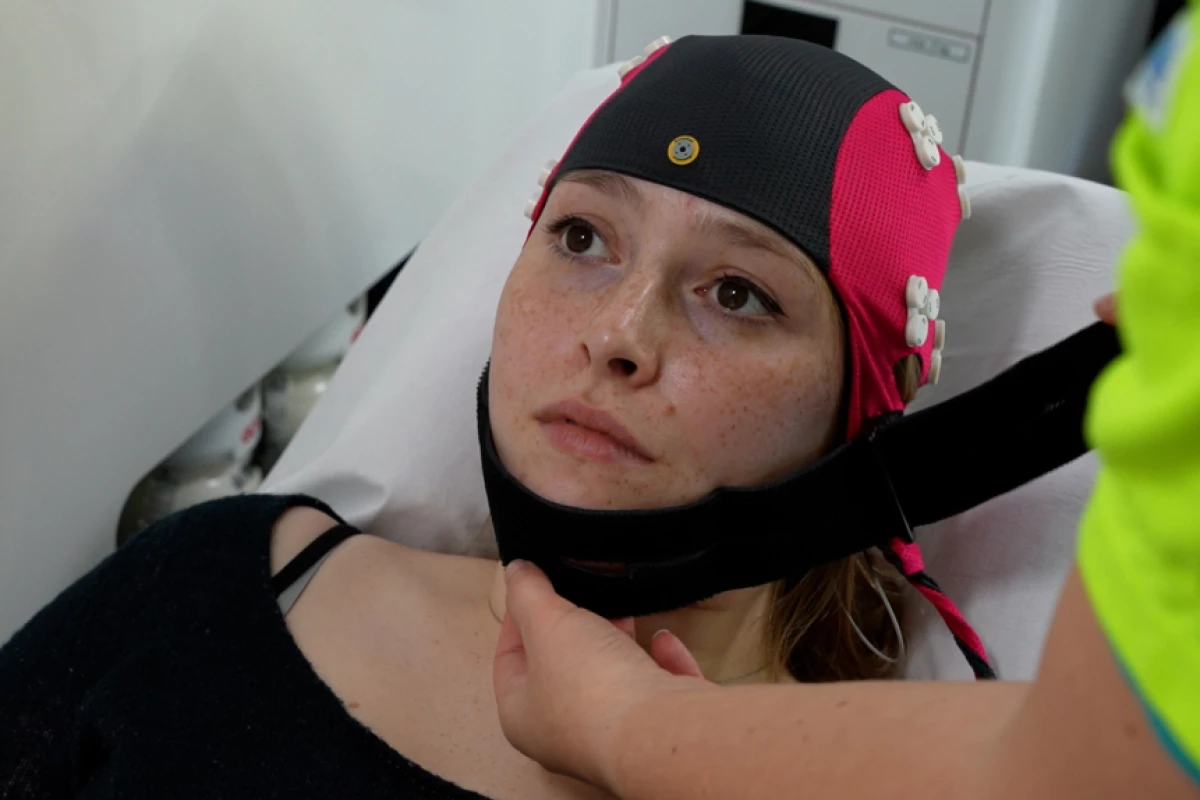When a person has suffered a stroke, the severity of that stroke has to be determined as fast as possible. An experimental new brain-wave-reading cap was created with that fact in mind, as it allows strokes to be assessed before the patient even reaches the hospital.
Designed by a team of Dutch scientists from Amsterdam UMC (University Medical Centers), the portable EEG (electroencephalogram)-performing device is designed to be used in ambulances, on patients who have experienced an ischemic stroke – that's the most common kind of stroke.
Based on brain wave readings obtained using the cap, it's possible to determine if the blocked cerebral blood vessel is large or small.
This is an important consideration, because if the vessel is large, the patient has to be taken to a specialized hospital where the clot can be surgically removed. If the blocked vessel is smaller, the patient can be taken to a regular hospital and put on blood-thinning medication.
The cap was tested in 12 Dutch ambulances between 2018 and 2022 – on over 400 patients – and was reportedly found to "recognize patients with a large ischemic stroke with great accuracy." It is now being commercialized by spinoff company TrianecT.
"When it comes to stroke, time is literally brain," said neurologist Jonathan Coutinho, one of the inventors of the device. "The sooner we start the right treatment, the better the outcome. If the diagnosis is already clear in the ambulance, the patient can be routed directly to the right hospital, which saves valuable time."
Source: Amsterdam UMC




